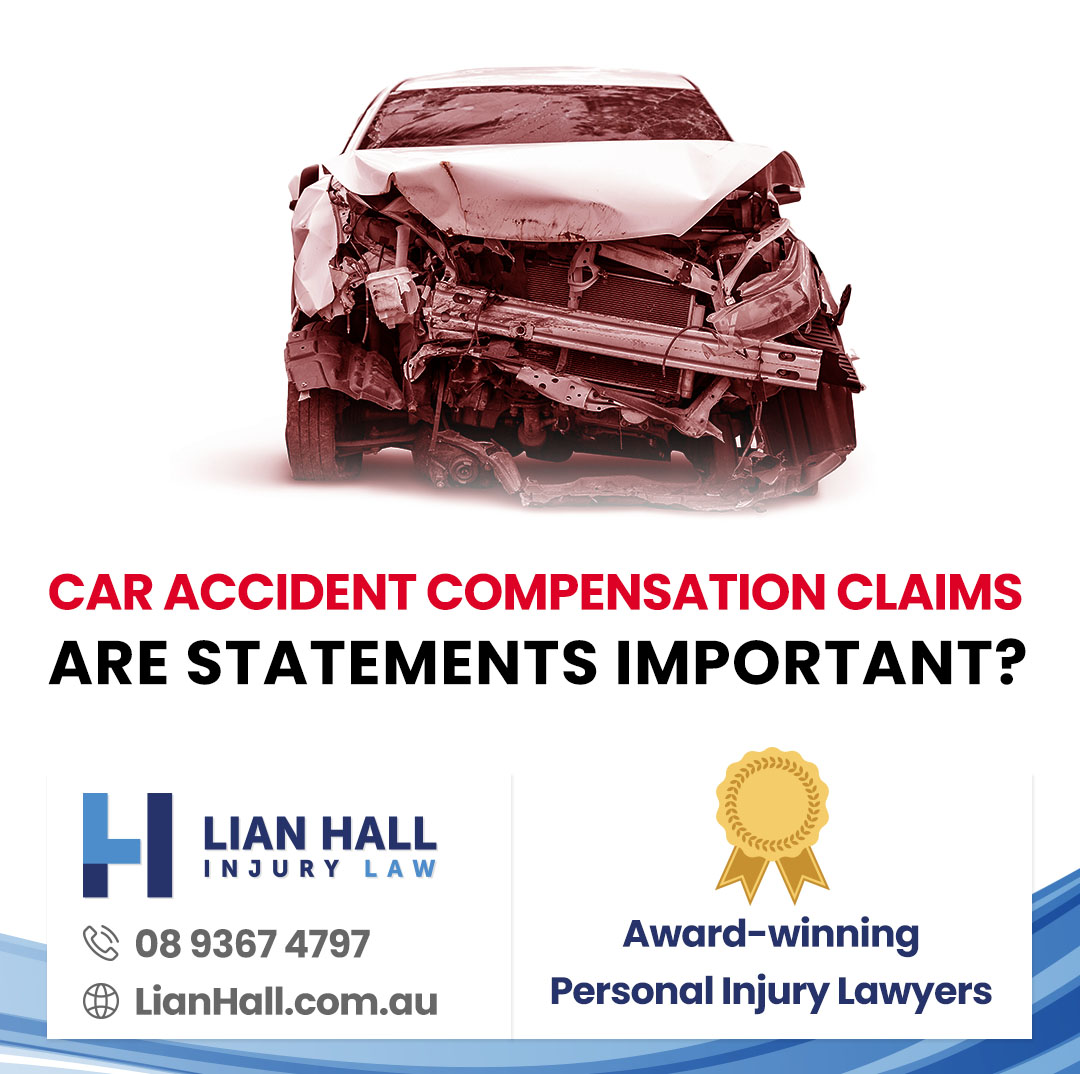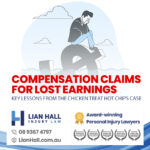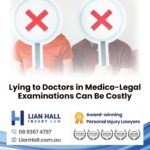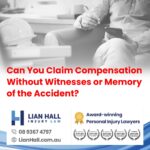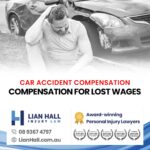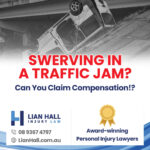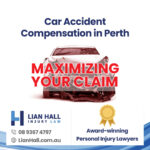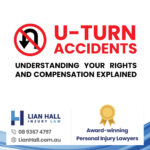Navigating the complex world of car accident compensation claims can be overwhelming, especially when it comes to understanding the impact of your statements on the outcome of your claim. A recent case in Queensland sheds light on this critical aspect, highlighting the importance of consistency and accuracy in the statements you provide. This blog post delves into the nuances of this case and offers valuable insights for anyone involved in a car accident, emphasizing the significance of how and what you communicate post-accident.
In a recent Queensland case a motorcycle rider hit a car and was seriously injured. The Motorcyclist said that he had been riding along a suburban road near a school and as he was about to pass a parked Mazda, the Mazda suddenly pulled out and attempted a U-turn right in front of him. He could not stop in time and hit the Mazda, was thrown over the bonnet, and ended up against the kerb. He claimed compensation of nearly $300,000 for the injuries that he suffered in the accident. The Insurance company (which insured the driver of the car) rejected the motorcyclist’s claim and the dispute went to a trial.
What the driver of the car said
The driver gave a different story. She said that she was on the road and driving very slowly and was indicating to turn right into a driveway into a parking area. She said that as she turned and was moving towards the entrance to the driveway to the parking area the motorcyclist came from behind and hit her in her drivers door.
The Statements
The Police interviewed the motorcyclist and he again told them that the Mazda had pulled out of a parking and had attempted to do a U-turn in front of him.
A couple of weeks later the motorcyclist asked the Police if he could do a second interview. During the second interview the Police told the motorcyclist what the Mazda driver had told them. He then agreed that had has seen the Mazda slow down in front of him but complained that the Mazda driver had not looked behind her before turning into the driveway.
The Problem
The problem for the claimant was that he had given 2 inconsistent statements. When the Judge pointed this out to him he argued that at the time of giving the second statement that his memory was affected by pain and by the medication he was taking. The Judge was not impressed. The problem was that he had conceded that he had seen the Mazda and had seen that it was driving slowly.
“Oh, okay, that makes sense I did see – I did see a car slow down in front of me because I was looking – I was looking at the lights in front of me … and then I noticed that she had slowed down and then I slammed and I probably tried – I went into that lane to avoid her and then she pulled out in front of me – so thank you for explaining that to me….”
In the first statement he had said that he had not seen the Mazda until it had suddenly pulled out in front of him, but in the second statement he had said that he had seen the Mazda, and that he had seen it moving slowly in front of him.
The Judge explained to the motorcyclist that the onus of proof is on the person making the claim to prove their case. In this case the Judge did not accept the testimony of the motorcyclist and therefore could not say that the Mazda driver was negligent. In the circumstances he lost his case.
The lesson
It is not uncommon that if you make a claim for compensation for a car accident in Perth that the Insurance Company will ask an investigator to contact you to get a statement from you. It is also not uncommon that when you see doctors that the doctor will ask you what happened in your car accident. Your doctor may write that down in his notes. Later on in your compensation claim you may be asked to see a specialist for a medical report. Again you will be asked to tell the doctor about how your car accident happened. That specialist will write down in his report what you tell them. By the time your claim is ready to settle there may be 2 or 3 or more statements or reports recording what you told various people about how your accident happened. If those versions change, then that might become a big problem for your claim.
What to do
Accidents happed in seconds. You may not remember everything about your accident. Don’t say things that you are not sure about. Only say what you absolutely know to be true. Don’t think that Courts or insurance companies will excuse inconsistencies because you were in pain or taking medication. Understand that what you say in your statement is a serious matter and can have serious consequences for your claim. You have the right to get legal advice before giving a statement. It may help to talk through your accident with a lawyer before giving a statement. At Lian Hall Injury Law we are always happy to have a chat and give advice on your accident.
Related:

